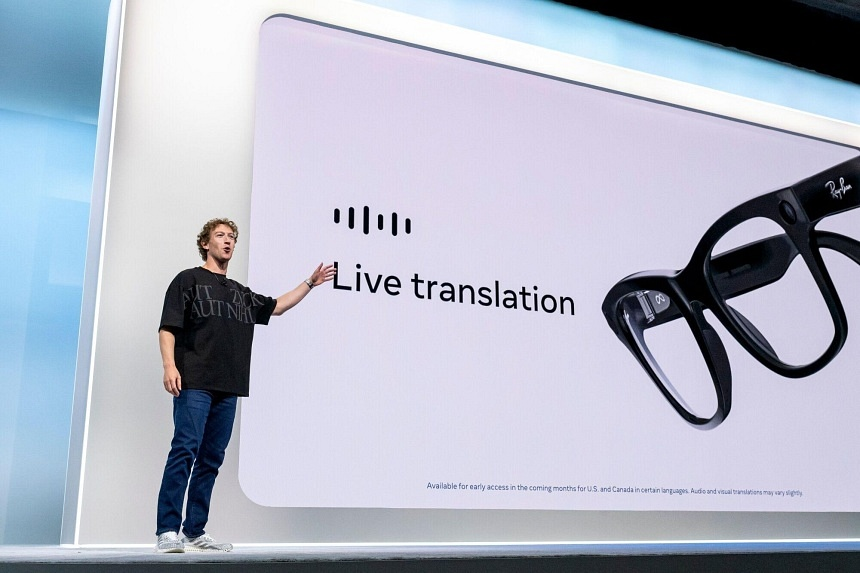It was back in September when Meta first revealed an early prototype of its Orion AR glasses, and while they are a long way from becoming an actual product you can buy, the company does believe it can achieve this.
As part of its research-focused Project Aria initiative, Meta released a list of research projects that are being performed with its Orion smart glasses that were revealed at Meta Connect a couple of months ago. Orion isn’t even close to being available to the public yet, but when it is, there are a few things that it might be able to do to help you out in daily life.
Indeed, Meta’s wearables chief thinks that Orion can in time become the AirPods of augmented reality devices …

Orion augmented reality glasses
Meta rather optimistically described the prototype pair as having “the look and feel of a regular pair of glasses”.It’s way closer to glasses than the device shown off last year by Xiaomi. And the display is massively more Vision Pro-like than the proof-of-concept shown by Oppo.
Driving assistance
Researchers at IIIT Hyderabad in India are using machine learning and Orion to help people ideally become better drivers. For example, they are able to use the glasses to detect what the user is and isn’t looking at. What this means is that the glasses could potentially be able to warn you before you take a right turn into a pedestrian you didn’t see.
Help for the visually impaired
Investigators at Carnegie Mellon University’s Robotics Institute have also done some work with Project Aria. What they showcased in Meta’s post is tech that can help those with visual impairments navigate complex indoor spaces using audio cues. The example given was that they were able to create a 3D indoor map of Pittsburgh’s airport — and someone wearing the Orion glasses would theoretically be able to get around and find where they’re going, thanks to the onboard audio assistant.
Help for those with hearing loss
At the University of Iowa, Orion research is seemingly a little more straightforward, but no less useful in everyday life for some people.
Researchers in Hawkeye country have come up with a way to use the Orion glasses to provide visual cues for those with hearing loss. For instance, if a noise is made, the glasses could use their HUD to show the user which direction the noise came from. It’s not the most complicated or out-of-this-world application of Orion technology, but it’s one that could easily become important for some users — if it’s done properly.
Help with performing complex tasks
Finally, researchers at the University of Bristol have captured data from “highly skilled people” (think chefs and mechanics), which can be used to help the less-skilled among us perform complex tasks with visual aid. For example, in the future, Orion could guide you step-by-step on which components to install, the order to install them, and their exact placement.
Currently, Orion is just a prototype, so don’t expect a consumer version anytime soon. If it’s any consolation, a market-ready version should be available by 2030 at the latest.